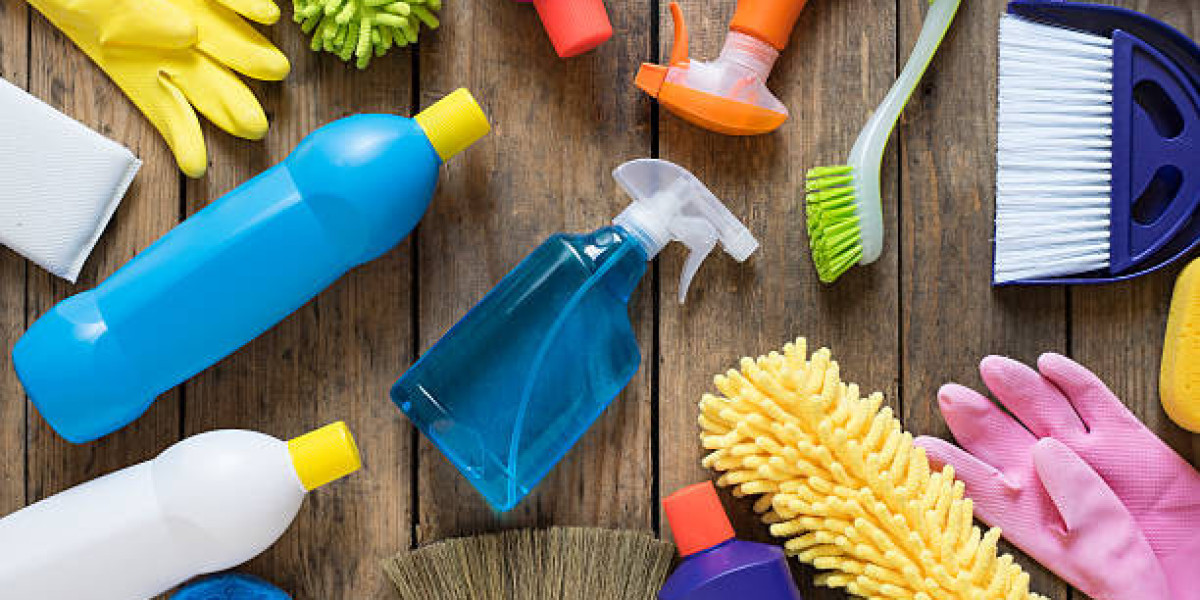Our ears play a crucial role in our daily lives, allowing us to communicate, enjoy music, and be aware of our surroundings. However, in many industries, our ears are exposed to various hazards that can lead to long-term damage if not properly protected. In this article, we will explore essential tips for maintaining ear health in any industry, ensuring that you can continue to enjoy the sounds of life while protecting your hearing.
The Importance of Ear Health
Before diving into the tips, let's understand why ear health is so important. Our ears consist of delicate structures, including the eardrum and tiny hair cells in the inner ear, responsible for transmitting sound signals to the brain. Exposure to loud noises, chemicals, or other harmful substances can damage these structures, leading to hearing loss, tinnitus, or other ear-related issues.
Understanding Noise-Induced Hearing Loss
Noise-induced hearing loss (NIHL) is one of the most common occupational hazards. It occurs when the ears are exposed to loud noises for an extended period, damaging the hair cells in the inner ear. This type of hearing loss is often irreversible, making prevention crucial.
Protecting Your Ears: Essential Tips for Maintaining Ear Health in Any Industry:
1. Use Hearing Protection
One of the most effective ways to protect your ears is by using hearing protection devices, such as earplugs or earmuffs. These devices create a physical barrier that reduces the intensity of sound reaching your ears. Make sure to choose the right type of protection based on the noise levels in your workplace.
For example, foam earplugs are suitable for moderate noise levels, while earmuffs with noise-canceling features are ideal for high-noise environments like construction sites or factories.
2. Take Regular Breaks
Continuous exposure to loud noises can increase the risk of hearing damage. Taking regular breaks from noisy environments allows your ears to rest and recover. Use these breaks to move to quieter areas or wear hearing protection even during short intervals.
Additionally, incorporating quiet periods into your daily routine can help reduce the overall noise exposure and give your ears a chance to recover.
3. Maintain Proper Hygiene
Keeping your ears clean and dry is essential for maintaining ear health. Excess moisture in the ear can lead to infections, while excessive earwax can cause blockages and affect your hearing. Use a soft cloth to clean the outer ear and avoid inserting any objects into the ear canal, as this can damage the delicate structures inside.
If you experience any discomfort, pain, or a sudden decrease in hearing, it is important to seek medical attention promptly.
4. Educate Yourself and Others
Knowledge is power when it comes to protecting your ears. Educate yourself and others about the risks of noise exposure and the importance of ear health. Encourage your colleagues and employers to implement hearing conservation programs in the workplace, including regular hearing screenings and awareness campaigns.
By spreading awareness and taking proactive measures, we can create a safer environment for everyone's ear health.
Remember, protecting your ears is a lifelong commitment. Implementing these tips and making them a part of your daily routine will go a long way in preserving your hearing and enjoying a healthy auditory experience.
Conclusion
Protecting Your Ears: Essential Tips for Maintaining ear health in Any Industry is crucial for everyone, regardless of the industry they work in. By using hearing protection, taking regular breaks, maintaining proper hygiene, and educating ourselves and others, we can prevent hearing loss and ensure a healthier future for our ears.
References:
1. World Health Organization - Noise and Hearing Loss
2. Centers for Disease Control and Prevention - Noise and Hearing Loss Prevention
3. American Speech-Language-Hearing Association - Noise-Induced Hearing Loss








